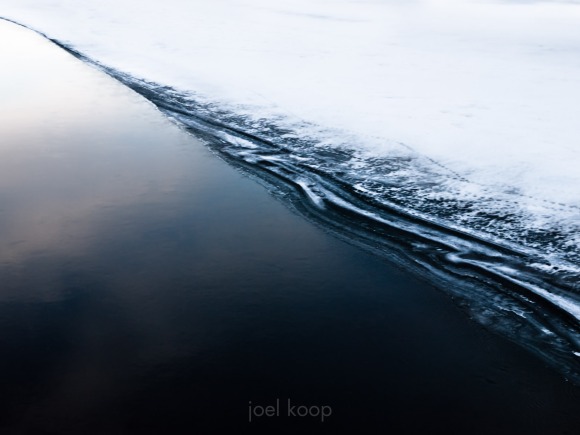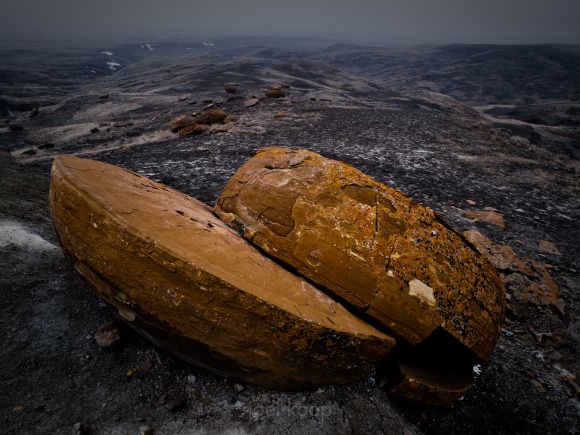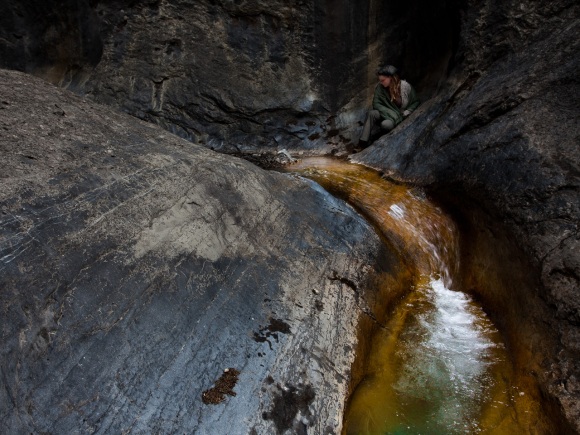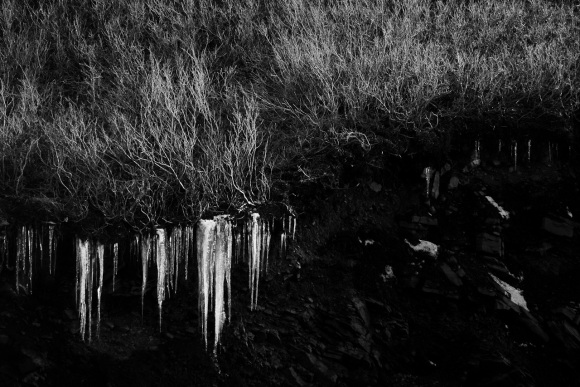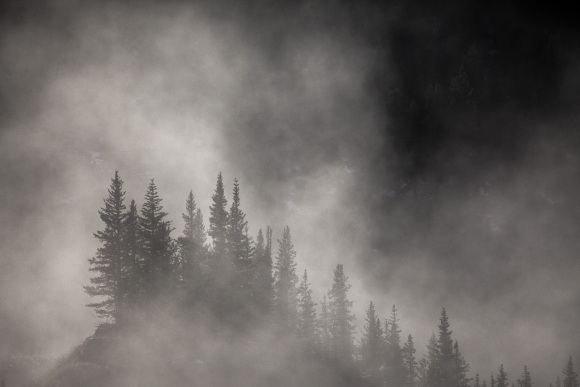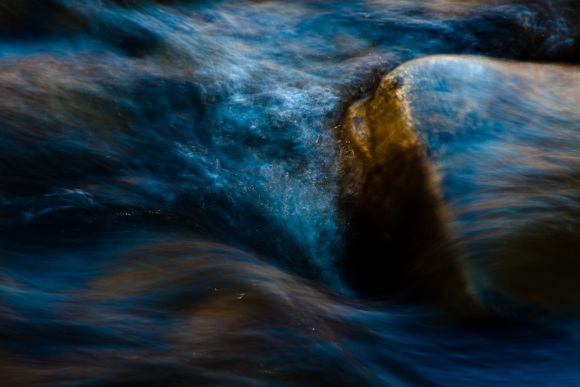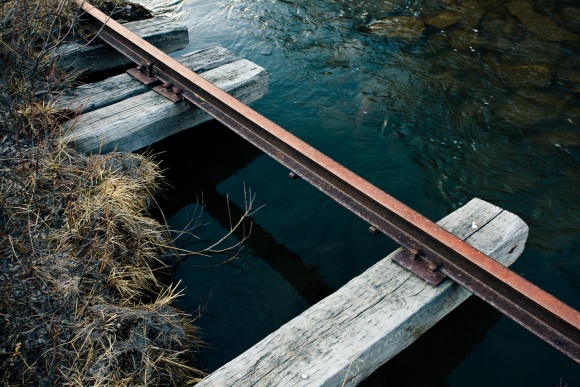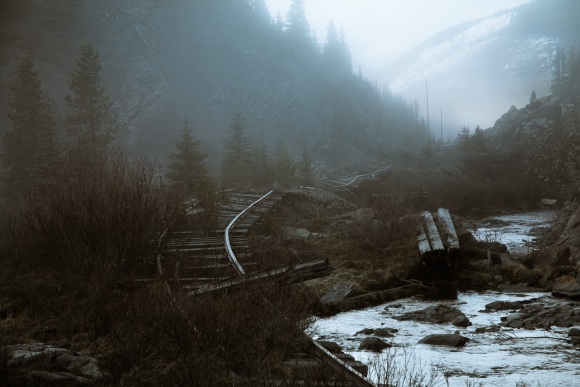If you’re not editing your photos, you’re lazy or misguided. There – I said it.
I’m tired of people claiming “purity of image” or “truth” in an unedited photo. The moment you take a picture you are interpreting the scene – if you’re trying for truth, you’re a long way off. You choose the framing, you choose the lighting (yes even in natural light), you choose the angle, and you choose which pictures you show to people. If you’re a photographer, you are already interpreting – just possibly not enough to make any point.
If you don’t think you are interpreting a scene, I would like to hear from you. What are you doing? You are already limiting my view to a tiny window, and taking away all my other senses.
If you are trying to interpret a scene, why would you stop editing the moment it leaves your camera? You’re missing out on an opportunity to share your perspective. You could get rid of distracting elements that take away from your idea. You could add distracting elements if obfuscation is your goal. You think you made a perfect image that perfectly conveys your perspective? Possible, but chances are it could be clear, more compelling, and possibly more truthful – and you’re too lazy to do it. It is not cheating to use a different medium in a work of art.
Whether the point you are making is representing something truthful or not is a completely separate issue, and a hard one for many photographers. It depends a lot on the kind of photography you do. This has been a very hard question for me to answer in the past but its getting easier: I’m leaning more and more towards this not mattering. I am not seeking to represent truth. I’m seeking to represent beauty, loneliness, verdant life, desolation, quietness, grandeur – the list goes on and on. I’m not sure truth is something even to be considered in art photography. I’m more interested in the way the eye moves across a photo, the emotional responses it evokes, and the interplay of light and subject. I’m even occasionally interested in an analytical response.
If you dislike editing, fair enough. There are things you can do in the camera to create great photos, and many great photographers have done little post processing (although this is more rare than you might think). But to take an image that almost says something, and to not give it that final push is criminal. I’ve seen too many almost good photos in my life. Why would putting work into a piece of art be looked down upon? I can’t understand this.
So please edit your photos. I would like to see your perspective on life and truth. Some people will hate you for it, but I will be eternally grateful.
ps. For the record – I don’t do much editing on my photos, but I think I’m going to start to do more. I’m trying not to be so lazy myself.
